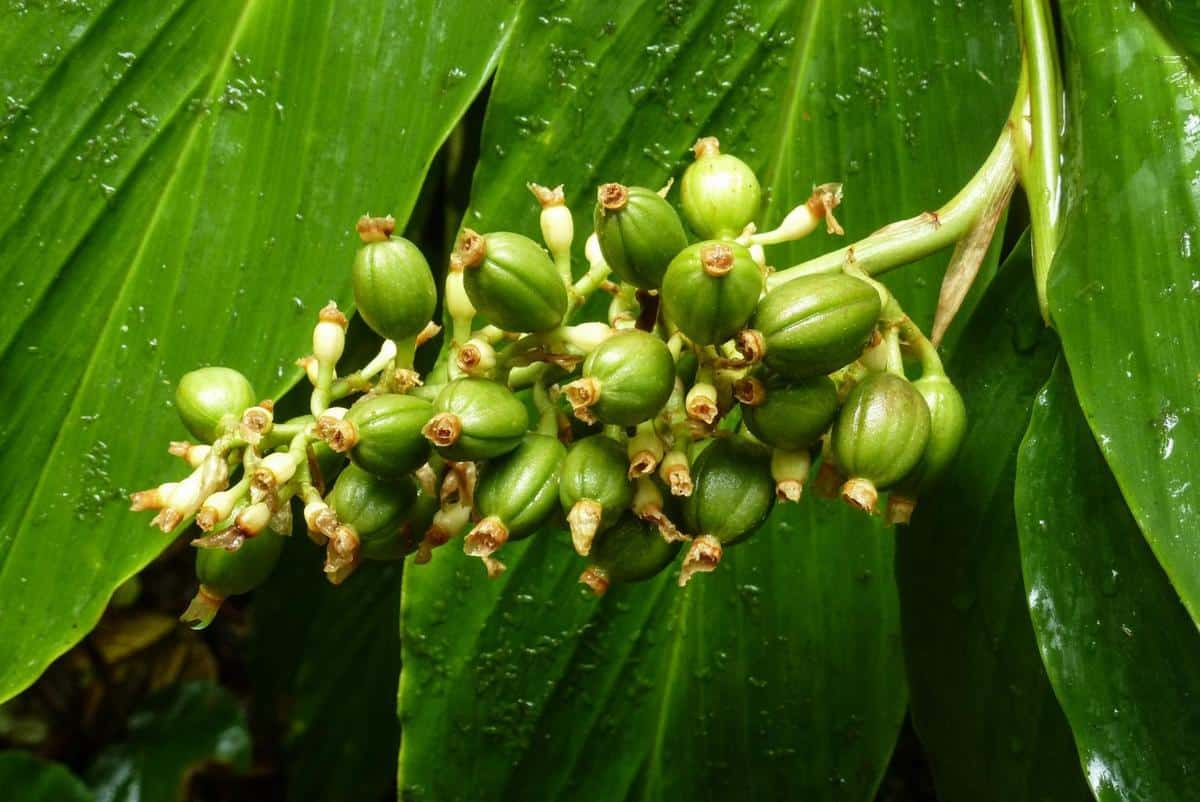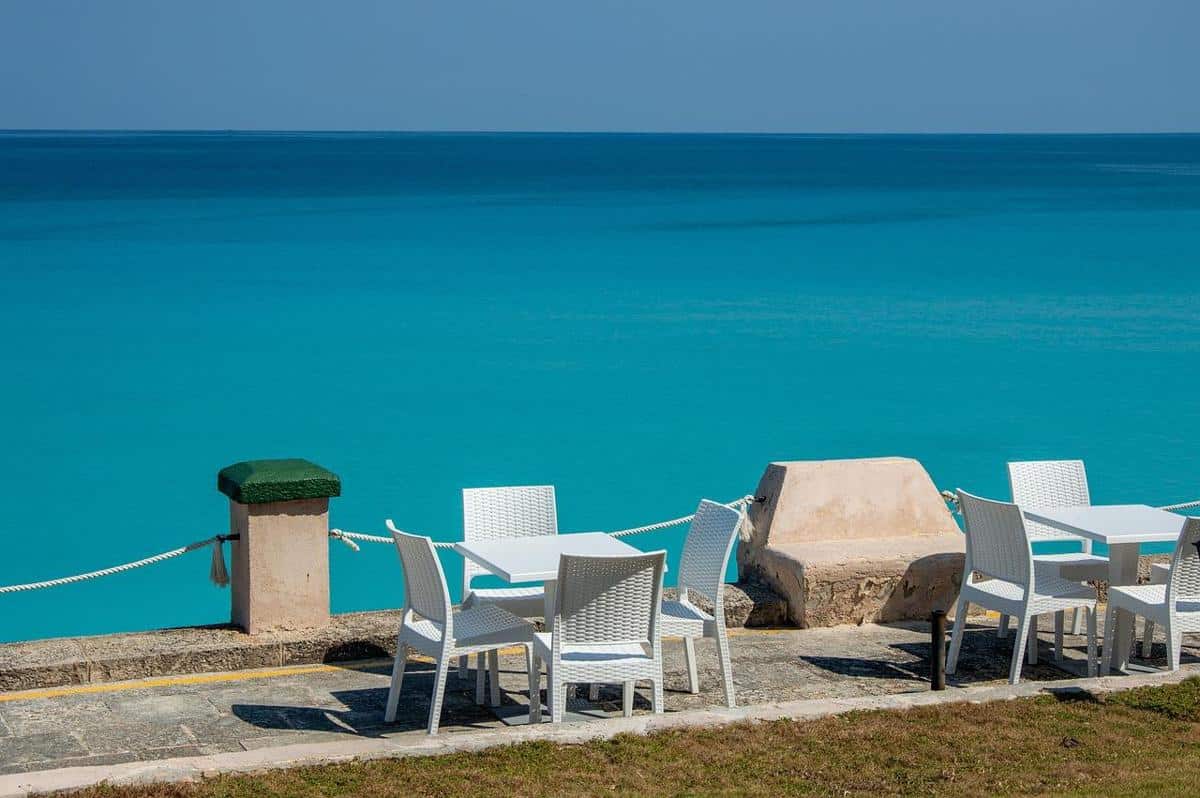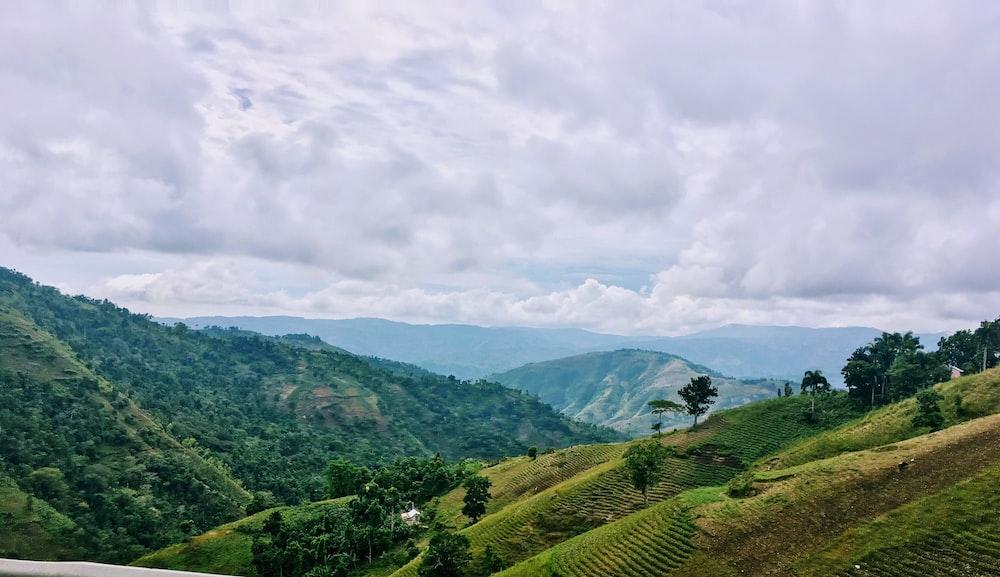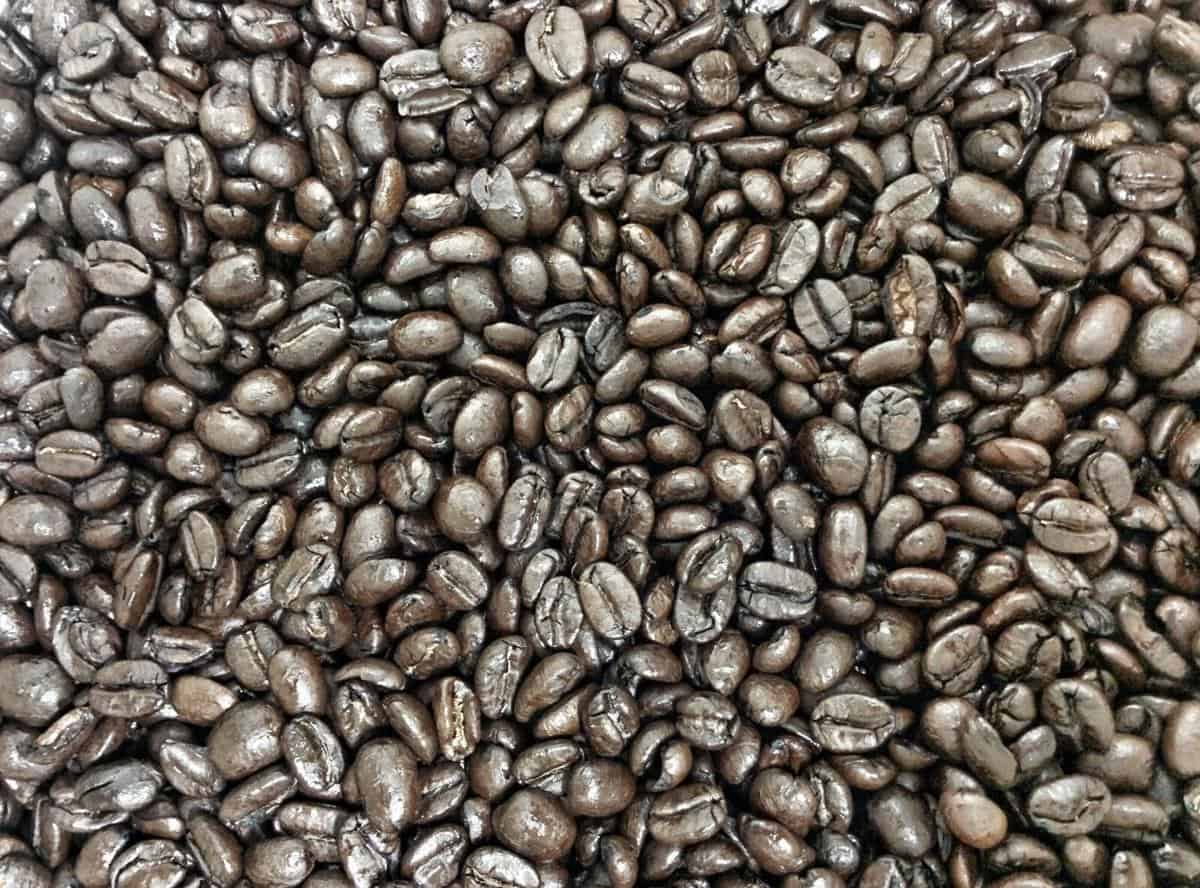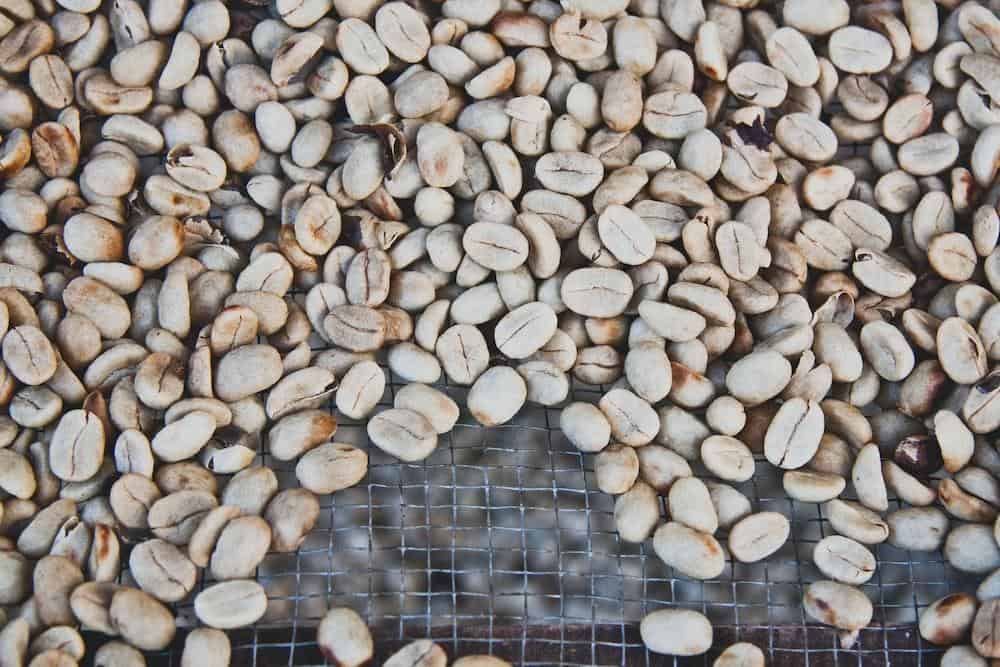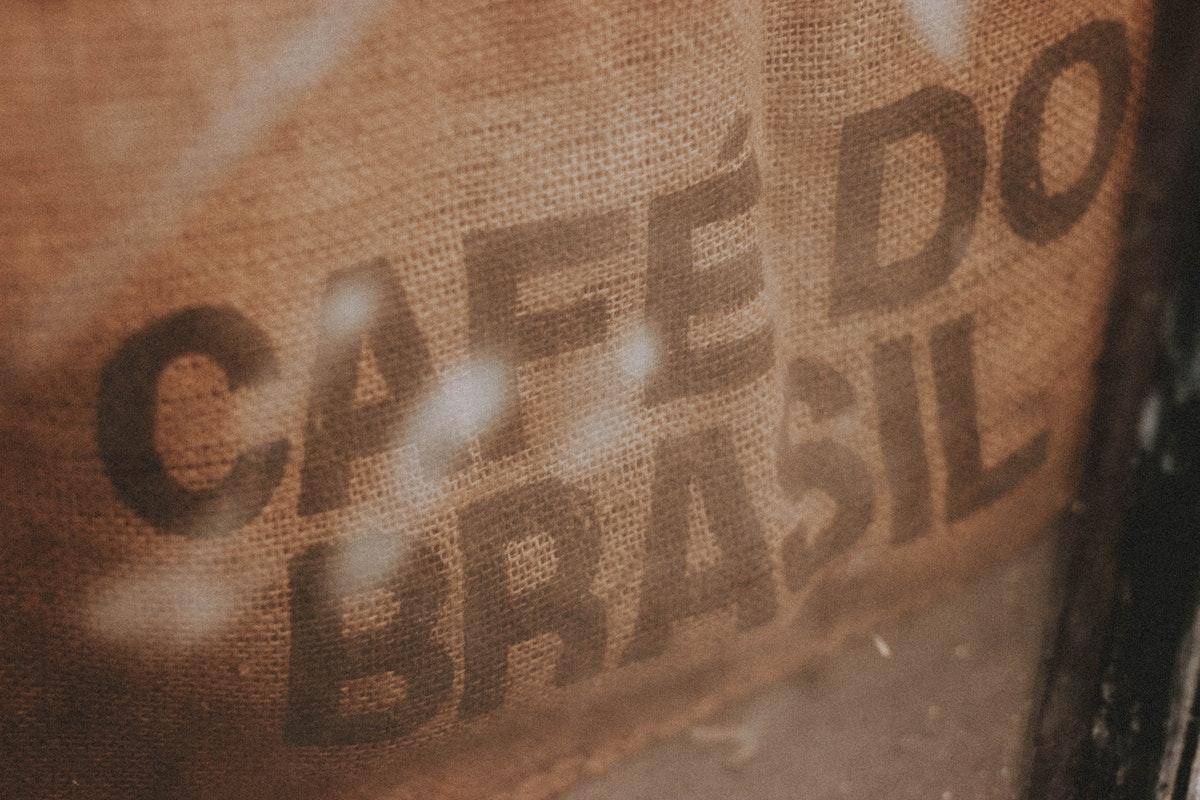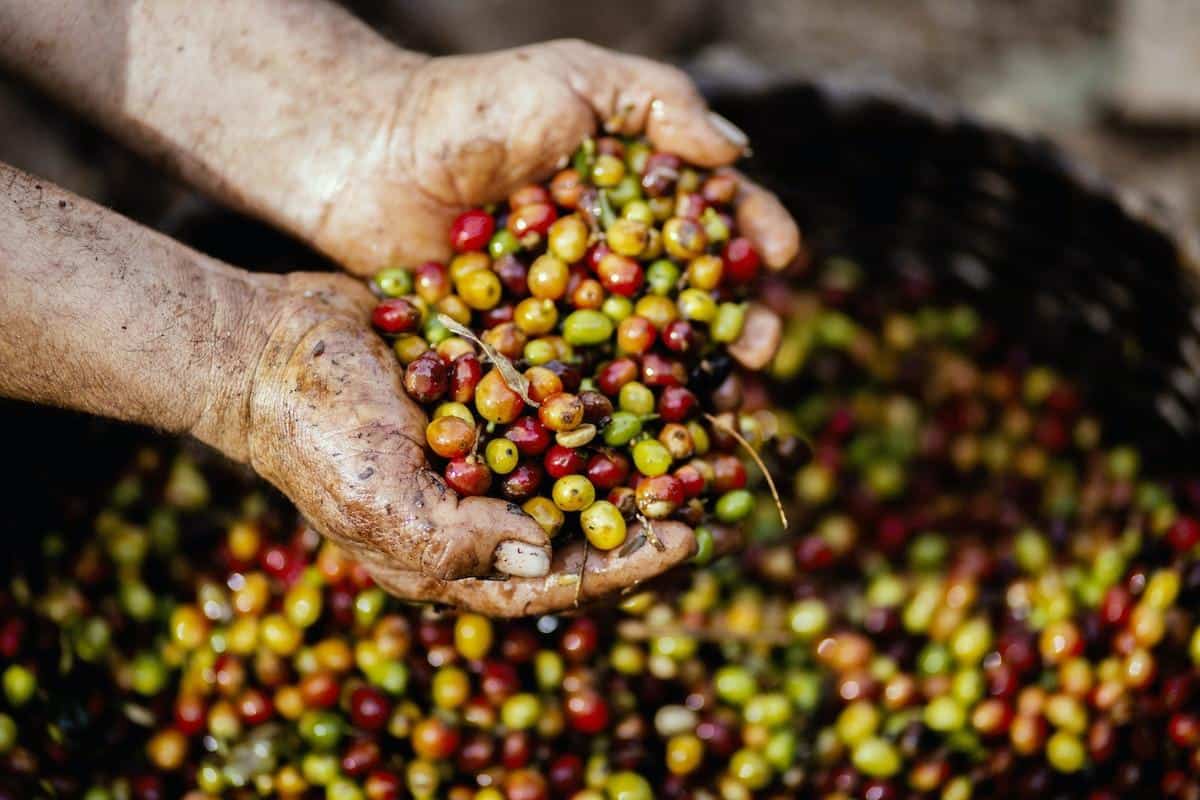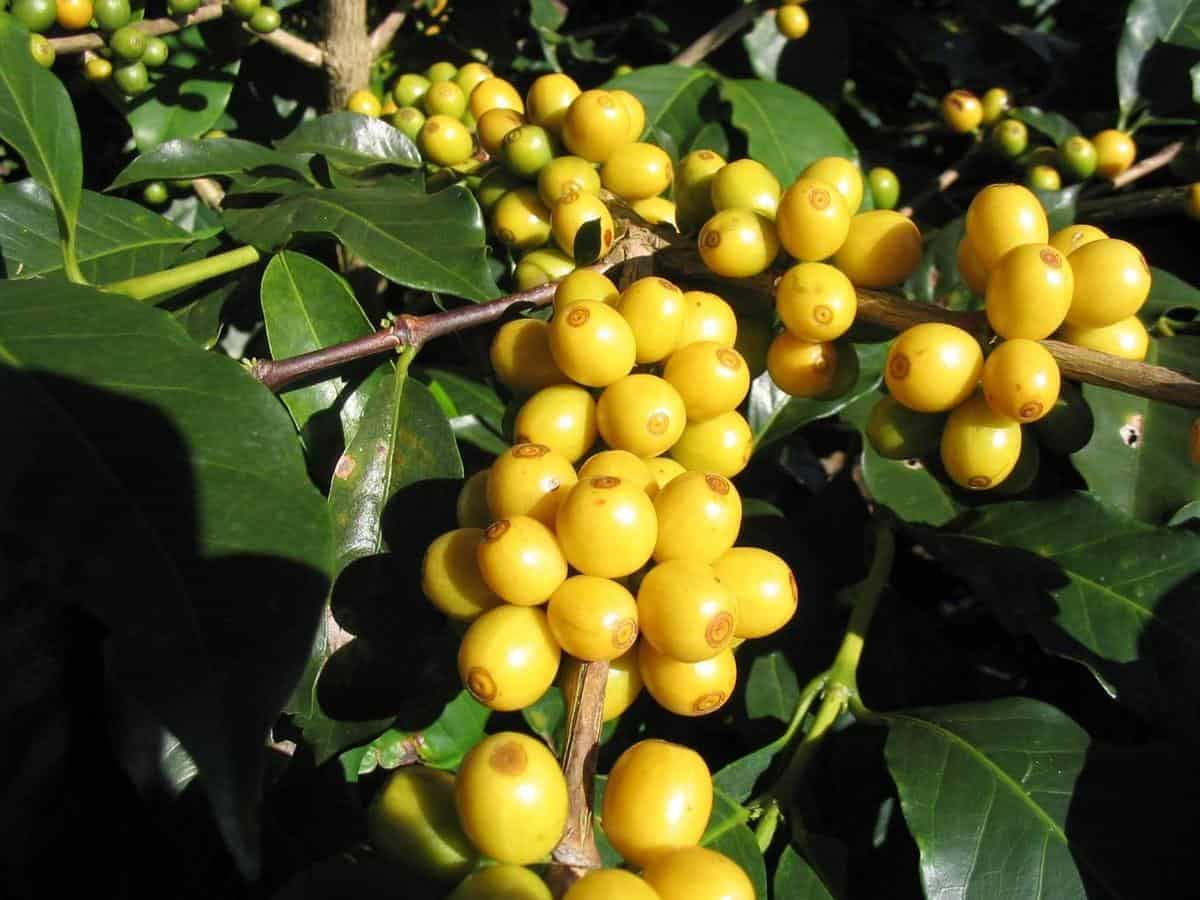Uncover the secrets of Caribbean coffee and how it can truly enhance your daily routine. Highlight the exotic aroma and flavors unique to this region. Create a sense of anticipation and excitement for readers to explore further.
If you’re a coffee lover looking to embark on a flavorful adventure, look no further than the paradise of Caribbean coffee. The enchanting blend of tropical beauty, rich history, and unique brewing methods make Caribbean coffee a truly remarkable experience. From the moment you take your first sip, you’ll be transported to the sun-drenched shores where these exquisite beans originate.
The Caribbean is known not only for its breathtaking beaches and vibrant culture but also for producing some of the finest coffee in the world. The region’s lush landscapes, ideal climate, and volcanic soil create the perfect conditions for cultivating coffee that boasts an unrivaled taste profile. A single cup is all it takes to awaken your senses with an exotic aroma and a symphony of flavors that dance on your palate.
Whether you’re a connoisseur or simply seeking to add some excitement to your morning routine, Caribbean coffee offers something extraordinary. From the bold complexity of Jamaican Blue Mountain to the smooth notes of Dominican Republic Santo Domingo, each cup tells its own story of tradition and passion. So join us on this journey as we delve into the fascinating world of Caribbean coffee – where every sip promises blissful moments and energized days ahead.
History and Origins
Caribbean coffee has a rich and fascinating history that traces back centuries. The cultivation of coffee in the Caribbean began during the colonial era when European powers established plantations across the region. The origins of coffee in the Caribbean can be traced to the early 18th century when French settlers brought coffee plants from Martinique to other islands such as Haiti, Guadeloupe, and Jamaica.
These early plantations played a significant role in shaping the Caribbean’s economy and culture. Coffee quickly became one of the region’s most important crops, alongside sugar and rum. Plantation owners relied heavily on enslaved labor to cultivate and harvest the coffee beans, leading to profound social and economic impacts on Caribbean societies.
Some of the most famous Caribbean coffee plantations include Wallenford Estate in Jamaica, Café de la Isla in Puerto Rico, and Domaine de la Grivelière in Guadeloupe. These plantations are not only renowned for their high-quality coffee but also for their historical significance. They stand as reminders of a bygone era when coffee production was at its peak in the region.
Today, while Caribbean coffee production may have decreased compared to its heyday, there is still a strong tradition of cultivating specialty coffees across various islands. Many small-scale farmers continue to grow exceptional Arabica beans with distinctive flavors that reflect the diversity of soil types and microclimates found throughout the region.
To learn more about the captivating history of Caribbean coffee and its cultural significance, visit local museums or heritage sites dedicated to preserving this part of the region’s agricultural heritage. Additionally, many Caribbean countries hold annual coffee festivals where visitors can immerse themselves in all things related to their beloved brew.
Whether you are an avid coffee enthusiast or simply curious about exploring new flavors, delving into the history and origins of Caribbean coffee is an enriching experience that will deepen your appreciation for this exotic delight.
| Popular Caribbean Coffee Plantations | Country |
|---|---|
| Wallenford Estate | Jamaica |
| Café de la Isla | Puerto Rico |
| Domaine de la Grivelière | Guadeloupe |
Flavor Profiles
The Diverse Range of Flavors
When it comes to flavor profiles, Caribbean coffee offers a diverse and captivating range that is sure to please any coffee enthusiast. Each Caribbean island boasts its own unique characteristics, resulting in a variety of taste experiences. From rich chocolatey undertones to bright citrus notes, the flavors of Caribbean coffee are as vibrant and diverse as the region itself.
One popular flavor profile found in Caribbean coffee is a delightful combination of caramel and tropical fruit. This creates a balanced and sweet cup with hints of pineapple or mango dancing on your palate. Other varieties may exhibit nutty or spiced notes, such as cinnamon or clove, providing a warm and comforting experience. Regardless of which flavor profile you prefer, one thing is certain – Caribbean coffee will take your taste buds on an aromatic journey like no other.
The Impact of Terroir
One key factor that contributes to the unique flavors found in Caribbean coffee is the concept of terroir. Terroir refers to the environmental conditions in which a crop is grown, including factors such as soil composition, climate, and altitude. In the case of Caribbean coffee, these elements combine to create an ideal environment for growing high-quality beans with distinctive flavors.
The volcanic soils found across many Caribbean islands impart a richness and depth to the coffee beans grown there. The tropical climate provides optimal growing conditions, with ample rainfall and sunlight allowing the beans to ripen slowly for maximum flavor development. Additionally, the altitude at which the coffee plants thrive plays a crucial role in shaping their flavor profiles. The combination of all these natural factors results in exquisite coffees that embody the essence of the Caribbean.
Prominent Notes and Nuances
Within each flavor profile category, there are further subtle variations that add depth and complexity to Caribbean coffee varietals. For example, within the tropical fruit category mentioned earlier, you may find coffees that lean more towards the bright acidity of citrus fruits, while others exhibit the soft sweetness of tropical delights like papaya or guava. Similarly, in the nutty and spiced category, some coffees may showcase a distinct hazelnut note, while others lean toward warm cinnamon or clove undertones.
These nuances make exploring Caribbean coffee an exciting and nuanced endeavor. Coffee connoisseurs will delight in deciphering the intricate flavor profiles found in each cup, noting the subtle shifts in taste as they savor each sip. Whether you prefer a bold and robust brew or a mellower experience with delicate notes, Caribbean coffee has something to offer every discerning palate. Embark on an aromatic journey with Caribbean coffee and elevate your coffee-drinking experience to new heights of blissful indulgence.
Brewing Methods
The Art of Brewing Caribbean Coffee
When it comes to enjoying Caribbean coffee, the brewing method plays a crucial role in unlocking its full potential. Each brewing technique brings out different flavors and aromas, allowing you to fully appreciate the unique characteristics of this tropical delight. Whether you enjoy a strong cup of espresso or prefer a more delicate pour-over, there is a brewing method that will suit your preferences and elevate your coffee experience.
French Press
The French Press method is one of the most popular ways to brew Caribbean coffee. Its simplicity allows for the beans’ natural flavors and oils to shine through, resulting in a rich and full-bodied cup. To start, coarsely grind your Caribbean coffee beans and add them to the French Press.
Pour hot water over the grounds, ensuring they are fully saturated, and let it steep for about 4-5 minutes. Slowly press down on the plunger, separating the brewed coffee from the grounds. Pour into your favorite mug and savor the bold flavors that transport you to the stunning beaches of the Caribbean.
Espresso Machine
For those who enjoy a robust shot of caffeine with intense flavor and crema, using an espresso machine is ideal for Caribbean coffee. Grind your beans finely to ensure proper extraction. Preheat your espresso machine and portafilter, then firmly tamp down on the grounds before locking it into place.
Start extracting your shot immediately after turning on the machine, aiming for a 25-30 second extraction time to achieve optimal strength and balance in flavor. The result is a concentrated shot of Caribbean bliss that will invigorate your senses.
Cold Brew
If you prefer a refreshing cup of cold coffee during hotter days or want a smooth low-acidity alternative steeped in tropical notes, cold brew is an excellent choice for showcasing the flavors of Caribbean coffee. Grind your beans coarsely and combine with cold water in a jar or pitcher. Let it steep in the refrigerator for at least 12 hours, allowing the extraction process to occur slowly.
After steeping, strain the mixture using a fine-mesh sieve or a coffee filter. Add ice cubes, milk, or any other desired ingredients to customize your Caribbean-inspired cold brew.
The Perfect Cup of Caribbean Bliss
To ensure you achieve the best cup of Caribbean coffee possible, pay attention to grind size and water temperature. For French Press, use a coarse grind to prevent over-extraction and bitterness. With espresso, a fine grind is necessary to maximize flavor extraction within a short brewing time. And for cold brew, a medium-coarse grind is recommended for optimal extraction during the extended steeping period.
Always use freshly roasted Caribbean coffee beans and filtered water at the correct temperature – around 195-205°F (90-96°C) – for optimal taste and aroma. Experiment with different brewing methods and ratios to find your perfect balance of strength and flavor in every sip of your brewed Caribbean delight.
Popular Caribbean Coffee Recipes
Caribbean coffee is not just limited to a traditional cup of joe. Its unique flavors and aromas can be beautifully incorporated into a variety of delicious recipes that will elevate your coffee experience to new heights. Whether you prefer hot or cold beverages, there are numerous mouthwatering options to explore using Caribbean coffee as the star ingredient.
- Caribbean Coffee Martini: Shake up your cocktail game with this indulgent and tropical twist on a classic martini. Combine chilled brewed Caribbean coffee, vodka, Kahlua, and a splash of coconut milk in a cocktail shaker filled with ice. Shake vigorously and strain into a chilled martini glass. Garnish with a sprinkle of cinnamon or nutmeg for an extra touch of island flavor.
- Iced Caribbean Coffee: Beat the heat with this refreshing iced coffee recipe that packs a punch of exotic taste. Brew your favorite Caribbean coffee using twice the amount of grounds for a bolder flavor. Once brewed, chill the coffee in the refrigerator until cold. Fill a glass with ice cubes and pour the chilled coffee over them. Add sugar or sweetener to taste and finish off with a splash of coconut milk for creaminess.
- Caribbean Coffee Smoothie: Start your day on a vibrant note with this energizing smoothie packed with tropical flavors and nutritious ingredients. Blend together chilled brewed Caribbean coffee, frozen banana slices, mango chunks, coconut water, and a drizzle of honey until smooth and creamy. Optional additions can include chia seeds for added fiber or spinach for an extra nutrient boost.
These are just a few examples of the endless possibilities when it comes to incorporating Caribbean coffee into your recipes. Let your imagination run wild by experimenting with different combinations and ingredients to create your own signature drinks that are sure to leave you craving more of that exotic aroma.
Remember to use high-quality Caribbean coffee beans for the best results in terms of flavor and authenticity. Choose brands that support ethical and sustainable practices to ensure that you are not only enjoying a delicious beverage but also supporting coffee producers who prioritize social responsibility and environmental preservation. Cheers to a Caribbean coffee experience like no other.
Health Benefits
Caribbean coffee not only tantalizes the taste buds, but it also offers a host of health benefits that can nourish both the body and soul. The consumption of this delightful beverage has been linked to numerous positive effects on overall well-being. From boosting energy levels to enhancing mental clarity, Caribbean coffee can truly provide a daily dose of vitality.
One of the key reasons for the health benefits associated with Caribbean coffee is its high antioxidant content. Antioxidants play a crucial role in neutralizing free radicals in the body, which can help reduce the risk of chronic diseases such as heart disease and certain types of cancer. Additionally, these antioxidants have been shown to have anti-inflammatory properties, potentially lowering the risk of inflammation-related conditions like arthritis.
In addition to antioxidants, Caribbean coffee beans contain essential nutrients such as potassium, magnesium, and B vitamins. These nutrients are vital for maintaining proper bodily functions and promoting overall health. For instance, potassium helps regulate blood pressure and supports heart health, while magnesium is involved in over 300 biochemical reactions in the body that contribute to energy production and muscle function.
To reap these health benefits, it’s important to consume Caribbean coffee in moderation and as part of a balanced diet. Incorporating this exotic brew into your daily routine can provide an enjoyable way to enhance your overall well-being. So why not start each day with a cup of indulgence that not only awakens your senses but also nourishes your body and soul?
Sustainability and Fair Trade Initiatives
Caribbean coffee bliss not only provides a flavorful and aromatic experience but also supports ethical coffee production through sustainability and fair trade initiatives. It is essential to shed light on the importance of these practices in the coffee industry and understand how Caribbean coffee producers are prioritizing environmental preservation and social responsibility.
Sustainability has become a buzzword in various industries, including coffee production. In the case of Caribbean coffee, sustainable practices aim to minimize negative impacts on ecosystems, biodiversity, and local communities. Many Caribbean coffee producers have adopted sustainable farming techniques such as shade-grown cultivation, organic farming methods, and water conservation strategies. These efforts help to maintain the delicate balance of ecosystems, protect natural resources, and reduce pollution.
Fair trade initiatives are equally crucial in supporting ethical coffee production in the Caribbean. Fair trade aims to ensure that farmers receive fair compensation for their harvest by offering them stable prices above market rates. This allows farmers to earn a decent living and reinvest in their crops, infrastructure, and education. Additionally, fair trade promotes social development by advocating for safe working conditions and empowering marginalized communities.
In recent years, many Caribbean coffee brands have obtained certifications such as Fairtrade International or Rainforest Alliance to demonstrate their commitment to sustainability and fair trade practices. These certifications guarantee that the entire supply chain – from farm to cup – meets rigorous standards that prioritize environmental protection and social equity. By choosing brands with these certifications, consumers can contribute to promoting sustainable livelihoods for farmers while enjoying a cup of Caribbean bliss.
| Sustainability Initiatives | Fair Trade Practices |
|---|---|
| – Shade-grown cultivation | – Offering stable prices above market rates |
| – Organic farming methods | – Advocating for safe working conditions |
| – Water conservation strategies | – Empowering marginalized communities |
Where to Find Caribbean Coffee
In conclusion, the journey to discover Caribbean coffee doesn’t have to end with this article. Now equipped with knowledge about the history, flavor profiles, brewing methods, popular recipes, health benefits, sustainability initiatives, and availability of Caribbean coffee, readers can embark on their own exploration of this tropical paradise.
For those eager to experience Caribbean coffee firsthand, there are several options available. Local specialty coffee shops and retailers often carry authentic Caribbean coffee brands, offering a taste of the region’s unique flavors and aromas. These establishments may also be knowledgeable about the specific brewing techniques that bring out the best in Caribbean coffee.
Additionally, for those seeking convenience or unable to find local options, there are online platforms and websites that offer a wide variety of Caribbean coffee products. This allows enthusiasts to easily order beans from different regions of the Caribbean and experiment with different flavor profiles in the comfort of their own homes.
As consumers embark on their Caribbean coffee journey, it is important to choose brands that prioritize ethical and sustainable practices. By supporting Fair Trade initiatives in the coffee industry, individuals can contribute to environmental preservation and ensure fair wages for farmers.
Frequently Asked Questions
What does Caribbean coffee taste like?
Caribbean coffee offers a distinct flavor profile that is often described as rich, bold, and smooth. The taste can vary slightly depending on the specific island and region within the Caribbean, but certain characteristics remain consistent. Generally, Caribbean coffee is known for its medium to full body with low acidity.
It often exhibits flavors of chocolate, caramel, nuttiness, and sometimes hints of tropical fruits. The unique combination of factors such as fertile soil, high elevation, and favorable climatic conditions contribute to the exceptional taste of Caribbean coffee.
What Caribbean islands produce coffee?
Several Caribbean islands are renowned for their coffee production. Jamaica is perhaps the most internationally recognized for its Blue Mountain coffee which is highly sought after due to its exceptional quality and reputation as one of the finest coffees in the world.
Other islands that produce coffee include Puerto Rico, Haiti, Dominican Republic, Cuba, Trinidad & Tobago, and Martinique. Each island brings its own distinct flavor profile to the table, showcasing the diversity and richness of Caribbean coffee.
What is a Tia Maria coffee?
Tia Maria coffee is a popular alcoholic beverage that combines coffee liqueur with other ingredients to create a flavorful cocktail or mixed drink. While Tia Maria itself refers specifically to a brand of Jamaican rum-based coffee liqueur produced in Jamaica from Jamaican coffee beans, the term Tia Maria coffee is often used more broadly to describe any drink that combines regular brewed coffee with Tia Maria liqueur or similar products like Kahlúa or Baileys Irish Cream.
These cocktails typically offer a delicious blend of rich coffee flavors combined with sweet notes from the liqueur.
How is coffee produced in the Caribbean?
Coffee production in the Caribbean typically involves multiple stages and careful attention to detail throughout the process. It starts with cultivating Arabica coffee plants which thrive in higher altitudes across the various islands. Once harvested by hand when the cherries are perfectly ripe, they are processed through either wet (washed) or dry (natural) methods depending on the island and farm.
Afterward, the coffee beans are dried, hulled, sorted, and graded to remove any defective or damaged beans. The final stage involves roasting the green coffee beans to unlock their flavors and aromas. Each stage of production in the Caribbean aims to preserve the unique taste characteristics that define Caribbean coffee.
What is the tastiest coffee in the world?
Determining the tastiest coffee in the world is subjective as it largely depends on personal preferences. However, several coffees are often recognized for their exceptional flavor profiles and enjoy a reputation for being among the tastiest choices available.
Notable contenders include Jamaican Blue Mountain coffee renowned for its mildness and smoothness, Ethiopian Yirgacheffe for its vibrant floral and citrusy notes, Colombian Supremo known for its well-balanced flavors with hints of caramel and chocolate, Hawaiian Kona boasting a delicate sweetness coupled with bright acidity, and Guatemalan Antigua celebrated for its complex flavors including dark chocolate and spice undertones. Ultimately, the tastiest coffee in the world is a matter of individual taste buds!


